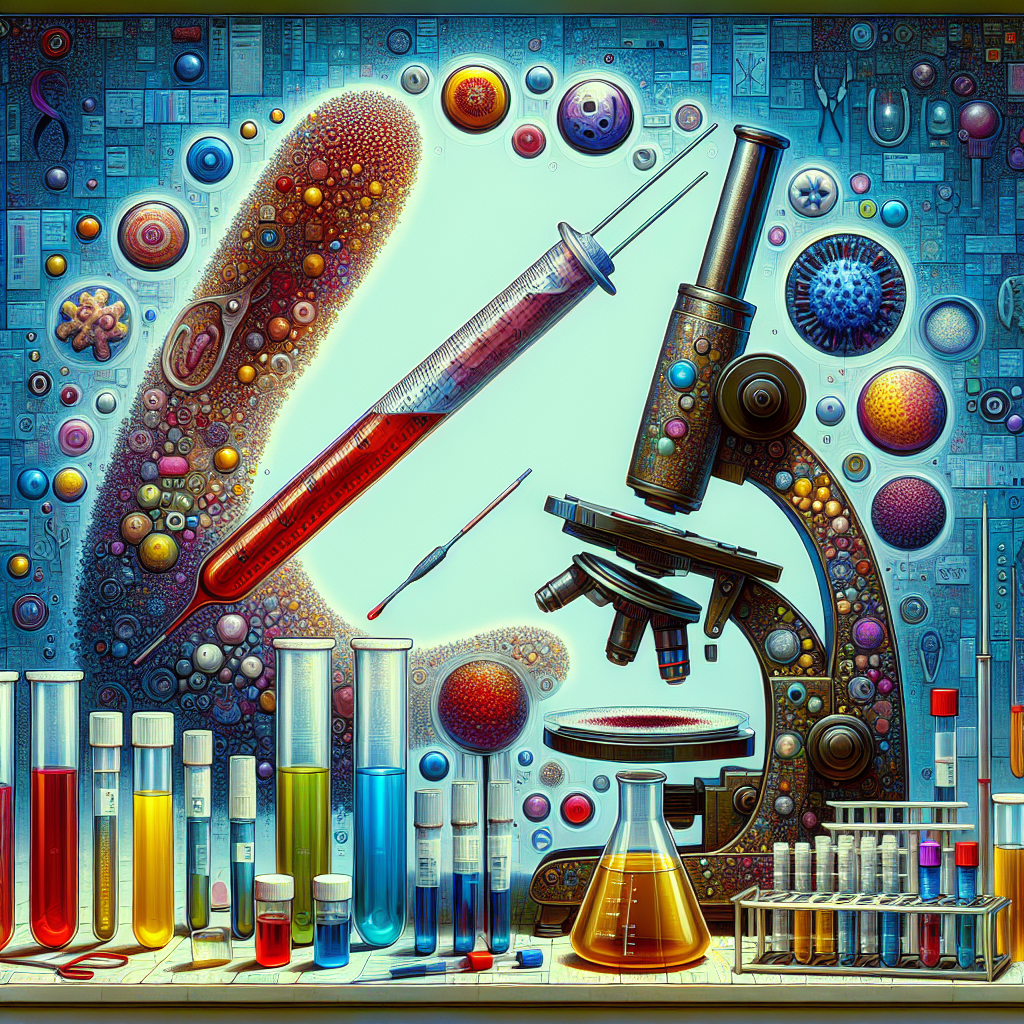Introduction
Imagine you’re embarking on a journey, a journey of understanding, awareness, and health. It’s not just any journey but one that delves into the labyrinth of sexual health—a topic that is often shrouded in whispers and secrecy. Yet, it is fundamental to our overall well-being. In this exploration, we unravel the enigma of a full STD check, shedding light on what it encompasses and why it’s crucial for everyone who values their health.
- Understanding STD Testing
- The Components of a Full STD Check
- The Importance of Regular Testing
- STD Testing Procedures
- Key Takeaways
- FAQs
- Conclusion
Understanding STD Testing
STD testing is akin to a lighthouse in the stormy sea of uncertainty, guiding individuals towards safe harbors of knowledge and peace. But what exactly does it entail? Simply put, an STD test checks for sexually transmitted infections in your body. This includes both those that manifest symptoms and those that silently lurk beneath the surface.
The Components of a Full STD Check
A comprehensive STD check is like a finely woven tapestry, each thread representing a different aspect of sexual health. Here are the key components:
- Blood Tests: These are used to detect viruses like HIV, syphilis, and hepatitis B or C.
- Urine Samples: Primarily used to test for chlamydia and gonorrhea.
- Swabs: Taken from the throat, genital area, or anus to check for infections such as chlamydia, gonorrhea, or herpes.
- Physical Examinations: Physicians may examine genitals for signs of infection such as rashes or sores.
This detailed examination helps identify both curable and incurable STDs. For more information on incurable STDs, you can explore our insights on non-curable STDs.
The Importance of Regular Testing
Regular STD testing acts like a vigilant guardian, protecting your health from invisible threats. It’s crucial because many STDs can be asymptomatic—meaning they don’t show any noticeable signs or symptoms initially. Early detection through regular testing can prevent complications and reduce the risk of transmission to others.
STD Testing Procedures
The path to obtaining an STD test is straightforward yet vital. Here’s how you can embark on this essential journey:
- Consultation: A healthcare provider will discuss your sexual history and determine which tests are necessary.
- Sample Collection: Blood samples, urine samples, or swabs are collected depending on the tests required.
- Laboratory Analysis: The samples are analyzed in a lab to detect any infections.
- Results: Results are typically available within a few days. Your healthcare provider will discuss them with you and recommend any necessary treatments.
If you’re considering where to get tested or need more information about the process, our Lab services offer comprehensive care and guidance.
Key Takeaways
- A full STD check is an essential part of maintaining sexual health.
- It includes blood tests, urine samples, swabs, and sometimes physical examinations.
- Regular testing aids in early detection and treatment, preventing further complications.
- The procedure is simple and results are usually available quickly.
FAQs
How often should I get tested for STDs?
Your frequency of testing depends on various factors such as age, sexual activity, and health status. Generally, individuals with multiple partners or new partners should consider testing every 3 to 6 months.
Are STD tests covered by insurance?
Most insurance plans cover STD testing, especially if it’s deemed medically necessary by your healthcare provider. However, it’s always best to confirm with your insurance provider.
Conclusion
In the grand tapestry of life, sexual health is a thread that must not be overlooked or underestimated. A full STD check is not just a medical procedure; it is a promise to yourself—a promise of care, vigilance, and empowerment. As you navigate this journey, remember that knowledge is your compass and health your treasure.
For those without insurance coverage or looking for affordable options, our Self-Pay Urgent Care Services provide accessible healthcare services tailored to meet your needs without compromising on quality.
Stay informed, stay healthy, and take charge of your sexual health today!
For authoritative guidance on STD prevention and management, you can also explore resources provided by the Centers for Disease Control and Prevention (CDC).











